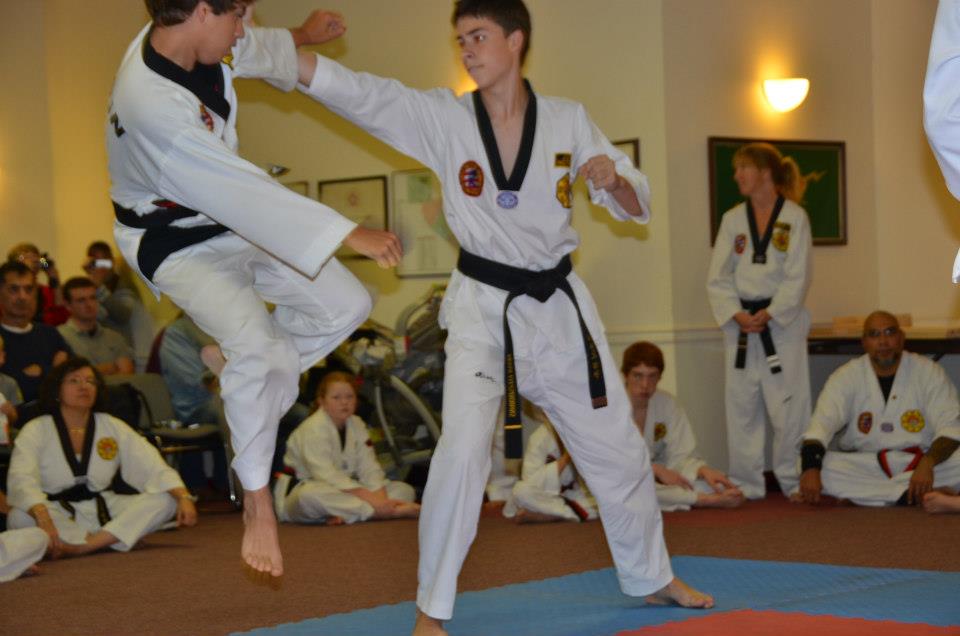Lawns need fertilization. Leaving the shredded grass and leaves after lawn mowing nourishes the soil on an ongoing basis. If you use a clippings bag you need to fertilize your lawn artificially eventually, and that never works as well as the natural way because of the chemicals. Forest floors replenish themselves in a never ending cycle of falling leaves and other organic matter that decay and decompose back into the soil. Houseplants especially need added nutrition since they grow in the confined environment of a pot. As the roots absorb minerals over time, the soil depletes in the same way agricultural soils deplete if we don’t put nutrients back in. I put the yellowed leaves from my houseplants back into the pot to perpetuate the continuous cycle of adding natural nutrients back, and I use the leftover water from steaming greens for my plants.
Our minds and bodies are no different. If you take out, you have to replenish lest your capital shrinks until there is no more. Today’s Times has an article about the many rich who now work constantly because enough is never enough for them, and they operate on a treadmill of accumulation for the sake of accumulation - 85% of their assets are locked into investments! But for what? To make it to the finish line aka death with tons of money in the bank? A business coach told me a while ago, when we were discussing some hang-ups over money, “Money is an incredible vehicle to purpose and pleasure in life.” Locked-up money may give us a sense of security, but it doesn’t nourish the mind and gives you no purpose and pleasure. Money by itself, sitting in an investment, account does not nourish your mind and body. Doing something with the money, dislodging it from its investment vehicle, is what moves mountains, creates meaning and nourishment not only for ourselves, but also for our society.
If you keep taking out of yourself, by working constantly without putting back in, meaning, experiences, friendships, you deplete your human capital and your ability to experience joy and satisfaction. Supplements can only go so far in replenishing your body and mind, coffee, alcohol and medications can help over a hump but do not replenish or heal naturally.
How do you fertilize and replenish your mind and body the natural way so you experience meaning and joy on life?







